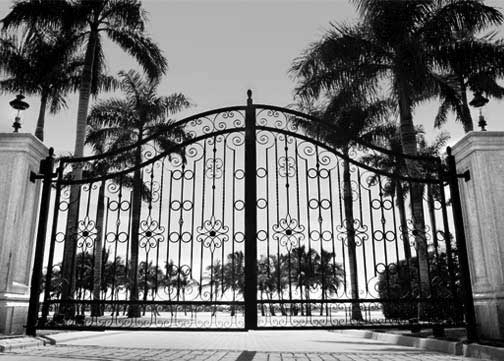Knowing your audience is something
I have always been aware of growing up in the performing arts world. That being
said, I agree with the authors Marwick and Boyd’s article, “I tweet honestly, I
twee Passionately” and the discussion of the unknown audience social media has
created.
Like most new beginnings in life
such as going on a first date, job interview, first time playing a new sport,
society always tries to hide their flaws. Social media has made it easier for
people to put out their “perfect” versions of themselves on the web for friends
and family to see. Now, from what
I have observed watching friends and family on the web people seem to think
twice before posting an opinion on a political statement because of the fear of
being ridiculed by their fellow social network community. In my opinion such a
common fear as an individual not posting there believes or moral values on the
web because they do not want to offend or be made fun of, takes away that
individuals voice and right of expression. I am not saying that this form of
self-censorship is a bad thing; some people need to think before some
questionable posts. However, I do see a trend from social media acceptance
correlating with the need for instant acceptance in the outside world. As a
result of this trend I have seen people disregarding subjects that were once
very important to them all because of how they think their audience will
perceive them.
Then again the user does get to
choose who is allowed to follow them, well at least the social media platform
facebook allows friendship requests. Although, for such media sites like
twitter, it does cause a problem for the user especially if they have celebrity
statues and have to be extremely careful with what they decide to post to the
public. Take Jimmy Fallon for example. He has a huge twitter following, well at
least in my opinion he does, anyway because he has such a big following with
such a diverse group it can be very difficult for him to say what exactly is on
his mind. Which is why he uses twitter as free advertisement for his show Late
Night with Jimmy Fallon.
Even though you know your friends
and family on social media you never know who else can be viewing your post.
So, my question is since social media has allowed people to show what they
believe is a perfect version of themselves, can this trend cause problems for
society in the future when the need to speak against an important issue arises?



